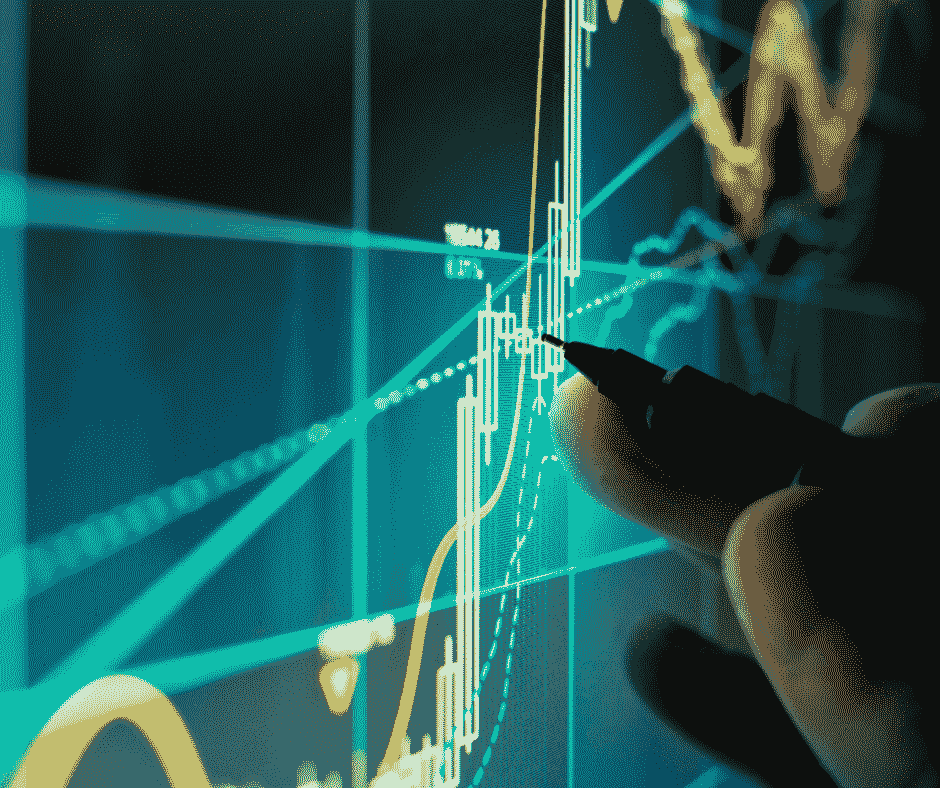Many beginner traders get confused between these two types of products and it is important to be clear about the difference between what is a Future and what is a CFDs.
What is a Future? A Future is a contract for the purchase and exchange of goods with a future delivery date and a fixed price. A CFDS is a financial instrument through which one speculates on the price difference between the contract and its closing.
The Future can be hedging, or it can be speculative. If it is hedging it will mean that in the end, you want a positive outcome, and if it is speculative it is that you want a negative one. The FUTURE allows leverage, it is carried out in an organized market upon the signing of a contract. It is not necessary to have the money or the property at the time of operation, but on the exchange date it is necessary to have the money and the property.
Futures that we can trade or operate are raw materials, agricultural products, financial products, currencies, indices, stocks … there are endless products that can have a Future.
As an example: Let’s imagine that we are a transport company, an airline or a shipping company. Perhaps I am interested in securing the price of oil in six months and, therefore, what I will do is a Futures contract in which I agree that in six months I will buy that oil from you but I define the price today. The buyer cares relatively little about whether the price goes up or down, what they want is that good at a specific price and to know what that price is in advance.
The CFDS, just like the Future, allows leverage, but be careful, a CFDS has no expiration date, you can extend it indefinitely. This exchange takes place in an unregulated market, which means that if you have problems with your broker: be careful. The future market is regulated but CFDS are not. It is never necessary to dispose of the good because it is a purely financial product. As with Futures, a CFD can apply to many financial assets: raw materials, agricultural products, currencies, indices, stocks … etc.
If we look at a CFDS more closely it is similar to the Future. Today we agree on a good to exchange, but on the future date, there is no exchange of good or money. In short, futures and CFDs seem the same because with both you could go long and short but they are not the same. The key difference. Futures vs CFDS is that the Futures market is regulated and the CFDS market is not. Finally, the Future market can be used as a hedge to obtain the good, while the CFDS market cannot.
To learn more about how to trade successfully, subscribe to Club Trader and our YouTube channel where you will find strategic tools to help you train to become a financial professional.
Head of Studies at Canal Trader



